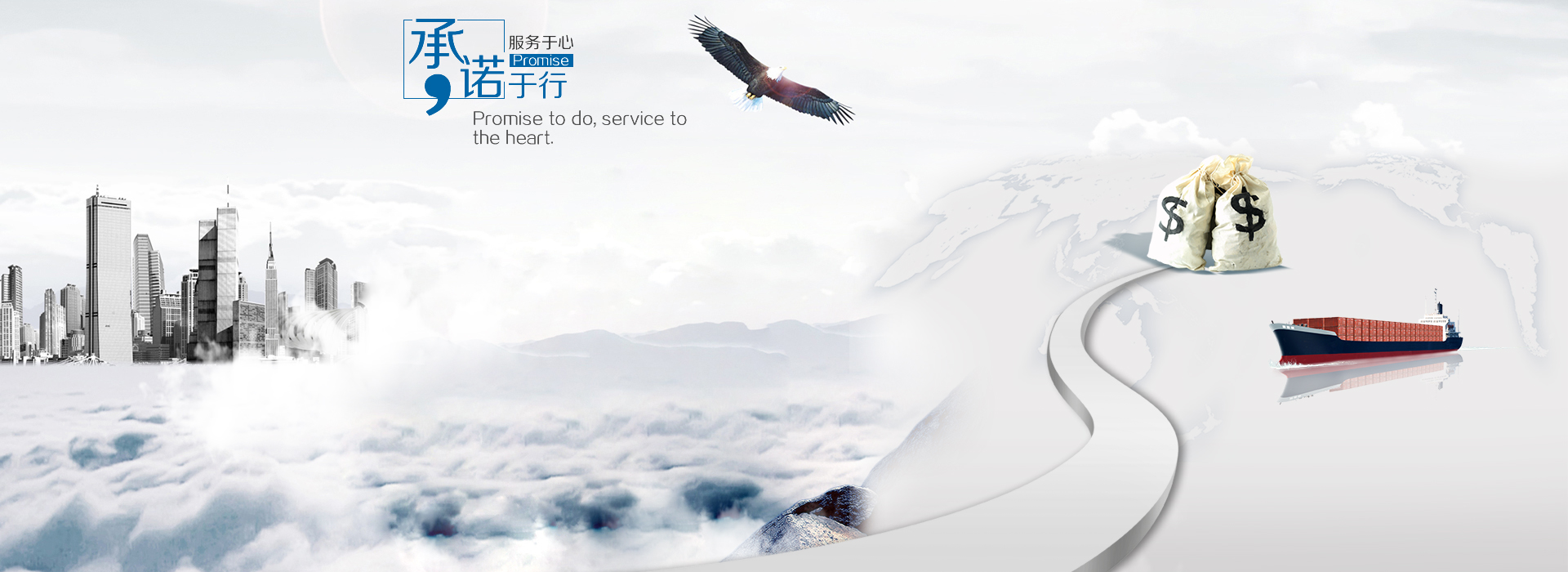Explanation of terms: WEEE directive and ROHS directive
In 1992, world leaders held the "earth summit" in Rio DE janeiro, Brazil, to discuss the crisis caused by the blind pursuit of economic development in the past, such as the greenhouse effect, ozone layer destruction, acid rain, etc., and recognized that "sustainable development" has been the key to the sustainable survival of mankind for generations.Since then, all countries have tried their best to put the requirements of environmental protection in their national or regional environmental protection policies. The government has constantly issued increasingly stringent environmental protection measures, requiring enterprises that play a decisive role in environmental protection and economic growth to take their due environmental and social responsibilities.The European Union's directive on WEEE and directive on the prohibition of the use of certain hazardous substances in electrical and electronic equipment (ROHS), issued on 13 February 2004, have, for example, thrown a bombshell into the global green wave.
What are the WEEE and ROHS directives
WEEE directive (eu directive 2002/96/EC) : full name of the waste electrical and electronic equipment directive, this directive requires manufacturers (including importers and distributors) to be responsible for the recovery and treatment of waste electrical and electronic products entering the eu market, and a recycling mark must be affixed to the newly placed electrical and electronic products in the eu market.(WEEE - Waste Electrical and Electronic Equipmen).
ROHS directive (EC directive 2002/95/EC) : full name "directive on the restriction of the use of certain hazardous substances in electrical and electronic equipment", this directive requires that electrical and electronic products in the eu market shall not contain six kinds of hazardous substances, such as lead, mercury, cadmium, hexavalent chromium, polybrominated biphenyls and polybrominated biphenyl ethers.(ROHS -- The Restriction of The use of certain Hazardous Substances in Electrical and Electronic Equipmen


